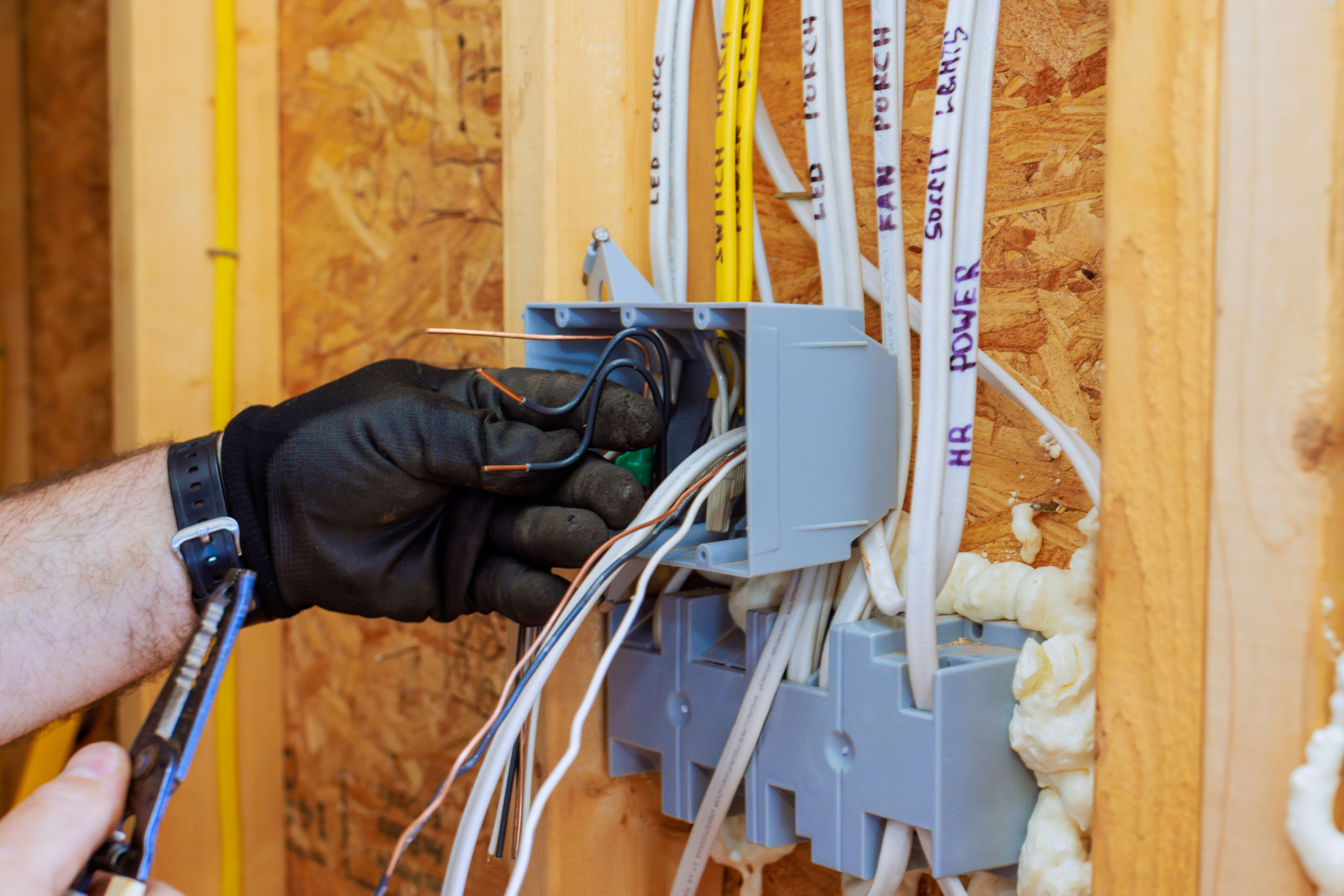Electrical Safety Tips for Your Home: Insights from Saco Experts
Understanding the Importance of Electrical Safety
Electricity is an essential part of our daily lives, powering everything from household appliances to electronic devices. However, when not managed properly, it can pose significant risks to safety and property. With insights from Saco experts, we delve into vital electrical safety tips that can help safeguard your home and loved ones.

Regularly Inspect Electrical Cords and Outlets
One of the simplest yet effective ways to maintain electrical safety at home is through regular inspection of electrical cords and outlets. Look out for frayed wires, cracked or broken plugs, and loose connections. These can be potential fire hazards and should be addressed immediately.
If you notice any damaged cords, it is crucial to replace them promptly. Avoid overloading outlets, as this can lead to overheating and increase the risk of electrical fires. Consider using power strips with built-in surge protection to manage multiple devices safely.
Understand the Importance of Circuit Breakers
Circuit breakers play an essential role in preventing electrical overloads by cutting off power in case of an overload or short circuit. Familiarize yourself with your home's circuit breaker panel. Ensure each breaker is labeled clearly to identify the different circuits in your home.
If a circuit breaker trips frequently, it may indicate an underlying issue that needs professional assessment. Do not attempt to handle electrical repairs on your own unless you have proper knowledge and experience.

Practice Safe Use of Appliances
Appliances are integral to modern living, but they must be used safely to prevent accidents. Always read and follow the manufacturer’s instructions for each appliance. Unplug appliances when not in use, particularly those prone to overheating, such as irons and space heaters.
Ensure that appliances have proper ventilation to prevent overheating. Additionally, keep them away from water sources to avoid electric shocks. Using ground fault circuit interrupters (GFCIs) in areas like kitchens and bathrooms can also help prevent accidents caused by moisture.
Educate Family Members on Electrical Safety
Electrical safety is a shared responsibility that involves all family members. Educate children about the dangers of playing with electrical outlets or cords. Use outlet covers to protect younger children from accidental shocks.
Encourage family members to report any electrical issues they encounter, such as flickering lights or unusual sounds from outlets. Prompt reporting ensures that potential problems are addressed before they escalate into serious hazards.

Invest in Professional Electrical Maintenance
While regular home inspections are important, professional maintenance should not be overlooked. Hiring a licensed electrician for periodic checks can help identify hidden issues that might not be visible during routine inspections.
Professionals have the expertise to tackle complex electrical problems and ensure that your home's electrical system complies with safety standards. Investing in professional maintenance can provide peace of mind and enhance the overall safety of your living environment.
Key Takeaways for a Safe Home
By implementing these electrical safety tips, you can significantly reduce the risk of electrical hazards in your home. Regular inspections, safe appliance usage, and professional maintenance are key components of a safe home environment.
Remember, when it comes to electricity, it is always better to be safe than sorry. Stay informed, stay cautious, and ensure your home remains a haven for you and your family.